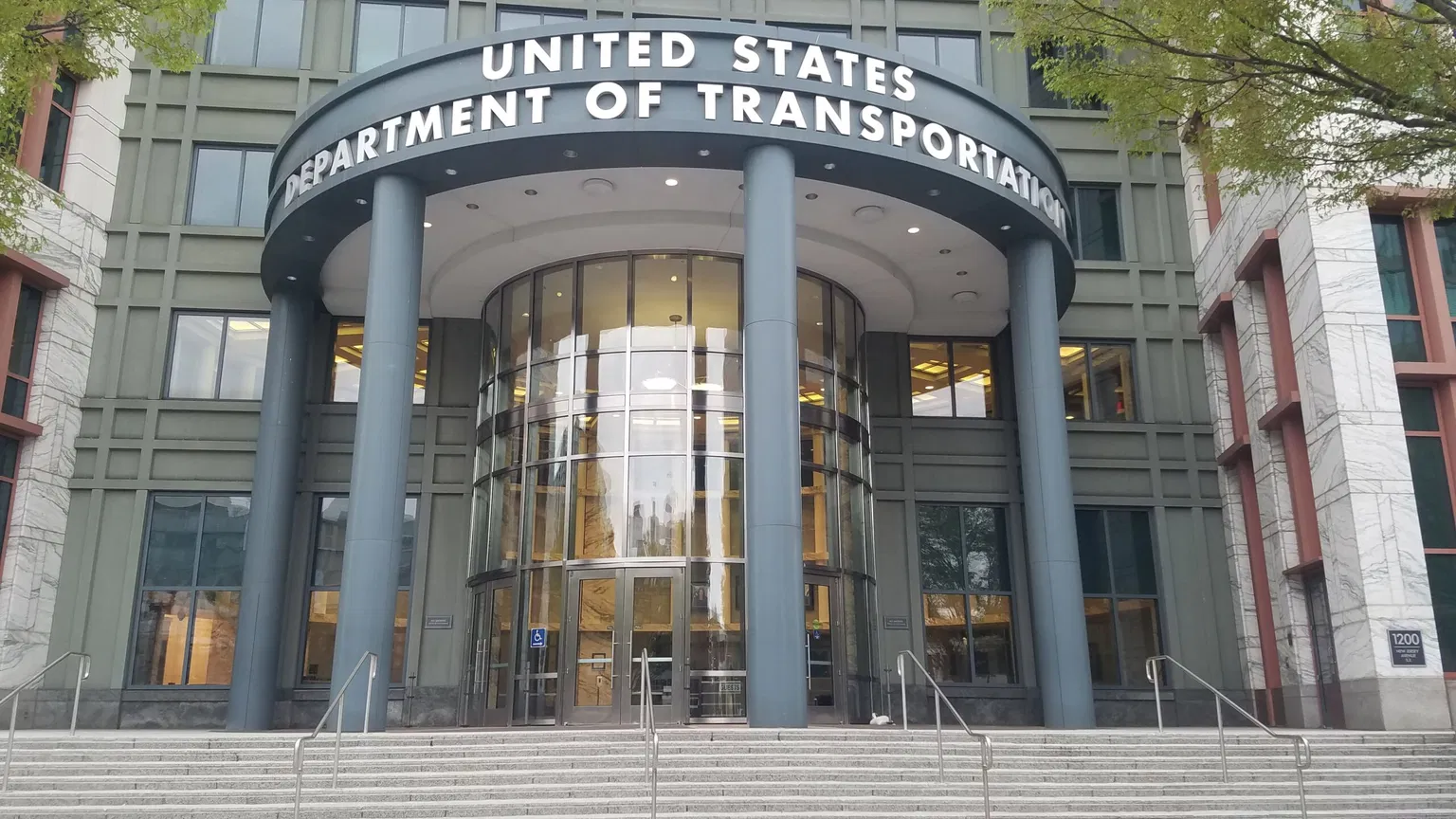Overview of the Proposed Regulations
The trucking industry is facing potential changes in enforcement policies that could have significant implications for safety and operations. Proposed regulations put forth by the Department of Transportation (DOT) have stirred concerns regarding their effects on trucking safety and accountability. As stakeholders in the logistics sector, it is crucial to understand these changes and what they may imply for freight movement and transportation safety.
Enforcement Rights Under Scrutiny
The proposed rules would allow trucking companies under investigation to contest enforcement actions by petitioning the DOT General Counsel. This shift in policy raises eyebrows among safety advocates, who argue that it could create a “chilling effect” that undermines rigorous enforcement of safety standards.
Advocates for truck crash victims have voiced strong opposition, asserting that these enforcement rights would grant too much power to motor carriers, diminishing the DOT’s ability to oversee safety violations effectively.
Concerns from the Truck Safety Coalition
The Truck Safety Coalition (TSC), which represents victims and their families, emphasizes that the NPRM’s provisions threaten to weaken state and federal safety enforcement. The TSC argues that instead of bolstering safety practices, these measures could incentivize companies to avoid accountability, arguing the enforcement actions could be unfairly challenged. Tami Friedrich Trakh, TSC President, has noted that such policies could potentially cripple efforts to improve trucking safety as they might discourage government agencies from pursuing violations.
Επιπτώσεις για την εφοδιαστική
This situation is particularly noteworthy for the logistics sector, where safety regulations play an essential role in maintaining the reliability of cargo movements. In this light, any erosion of safety standards could lead to increased risks for drivers, shippers, and the general public, ultimately affecting freight costs and insurance rates.
Moreover, if the new policies foster environments where safety is compromised, shippers can anticipate changes in logistics pathways as companies may face increased liability and unforeseen disruptions.
Potential Impact on Safety Protocols
Should the proposed regulations come into force, we could see a shift in how safety protocols are implemented across the industry. Companies might choose to prioritize litigation over safety compliance, impacting the operational integrity of transportation logistics as a whole.
Κοιτάζοντας μπροστά
The trucking industry has already seen significant shifts because of past regulatory changes, and these proposed alterations could create ripples. If the enforcement rights are indeed adjusted, it would mark another chapter in an ongoing evolution of the sector that logistics professionals need to be acutely aware of.
Συμπέρασμα
This evolving landscape highlights the delicate balance necessary between regulatory enforcement and operational flexibility within the trucking industry. As we adapt to these changes, it remains essential for logistics providers to stay informed and vigilant about safety issues to maintain the trust and reliability that their operations are built upon.
Ultimately, even the most thorough analyses of recent developments cannot replace the insights gained from direct experience navigating the logistics of cargo transport. GetTransport.com stands ready to offer the best international shipping solutions to help ensure expedient, reliable, and cost-effective logistics operations. With a broad spectrum of transportation capabilities—from office relocations to bulky goods delivery—GetTransport.com is dedicated to supporting your diverse transport needs efficiently and affordably. Ready to streamline your logistics? Book your Ride at GetTransport.com!

 Navigating the Implications of Proposed Trucking Regulations">
Navigating the Implications of Proposed Trucking Regulations">